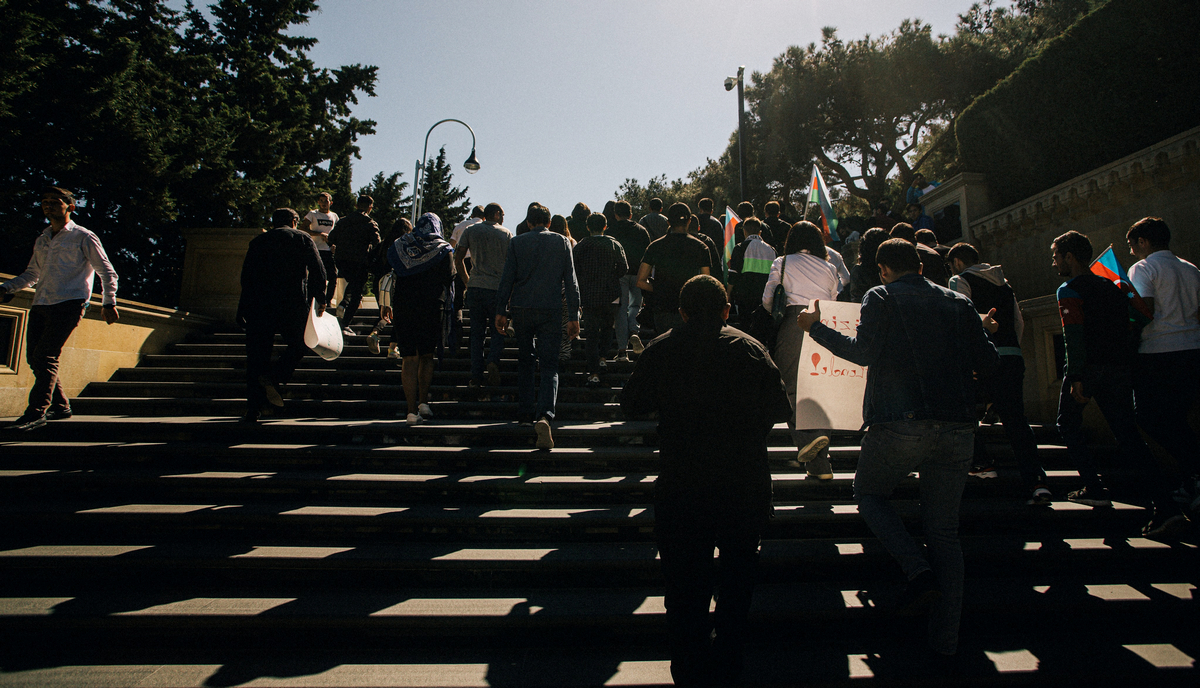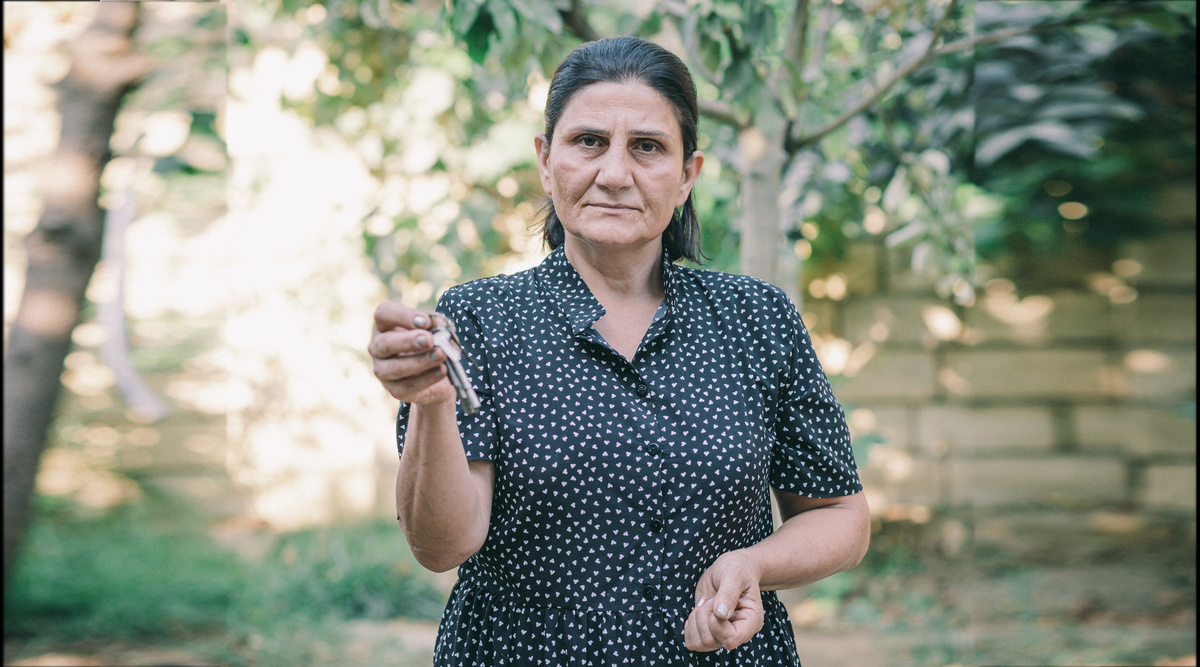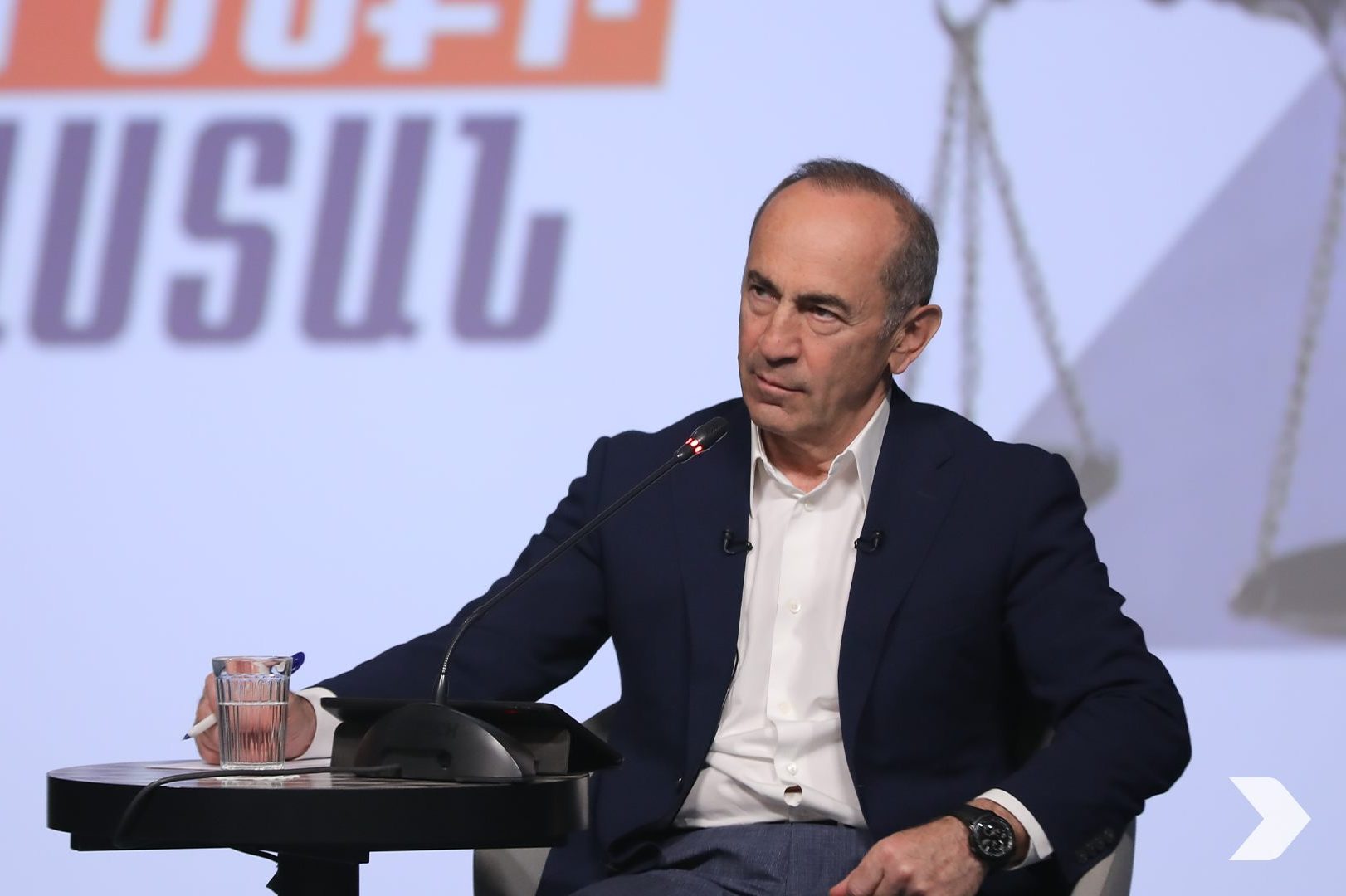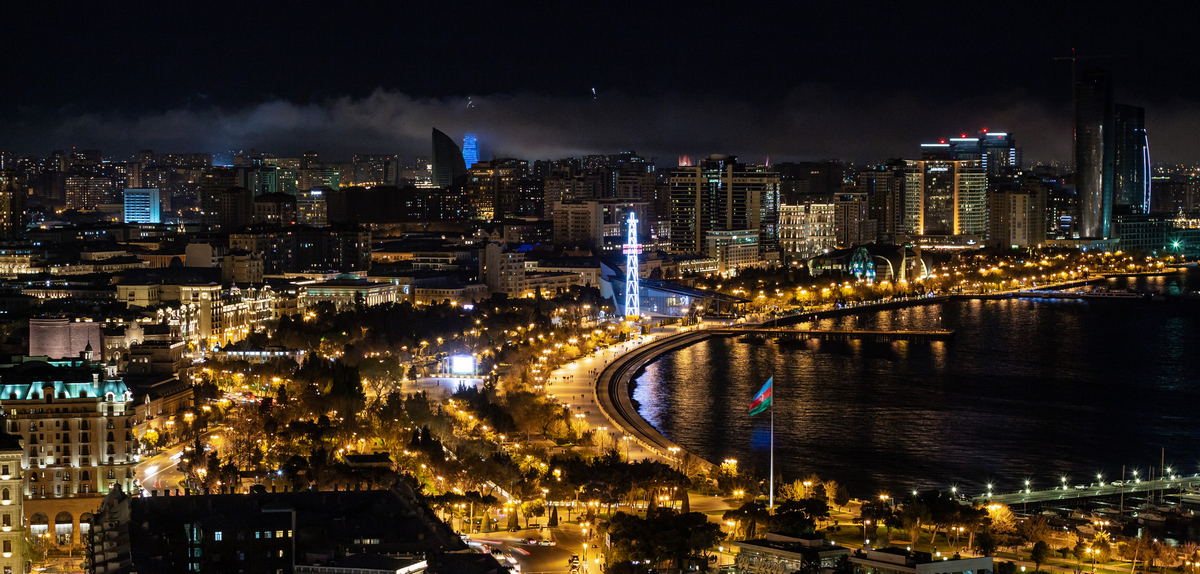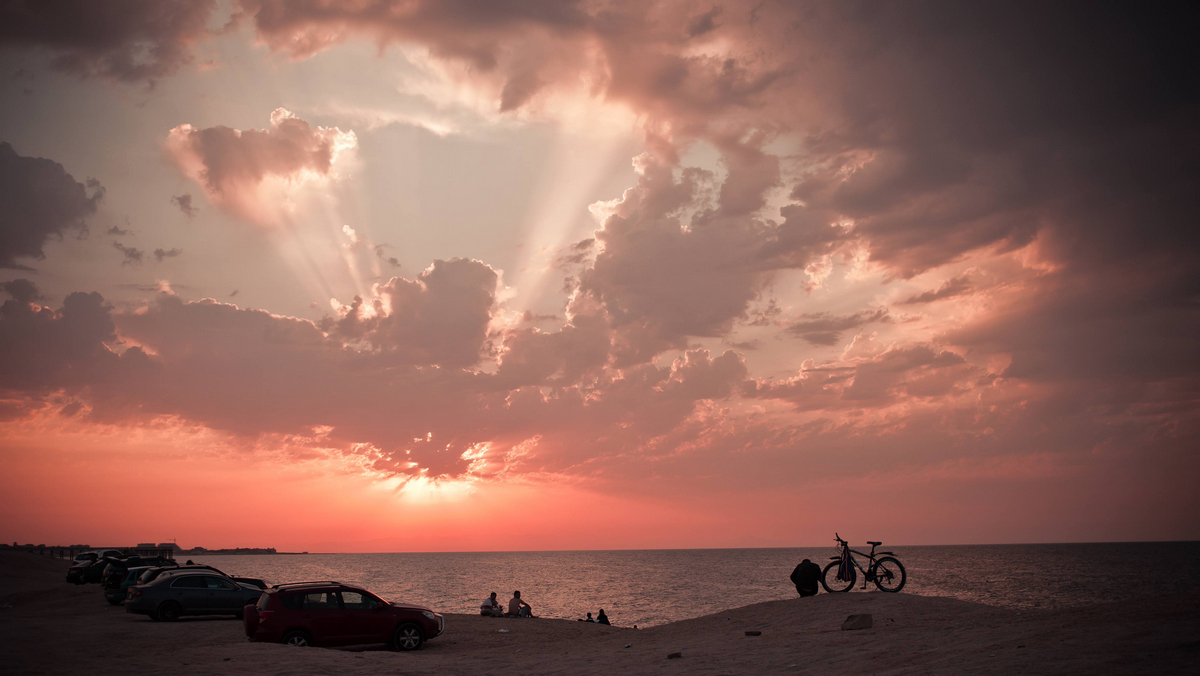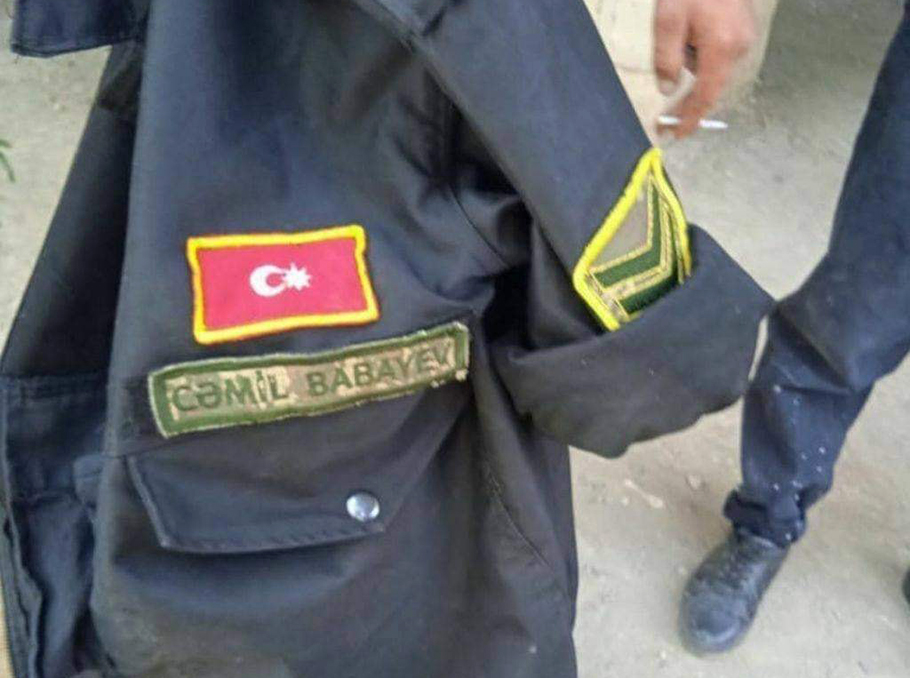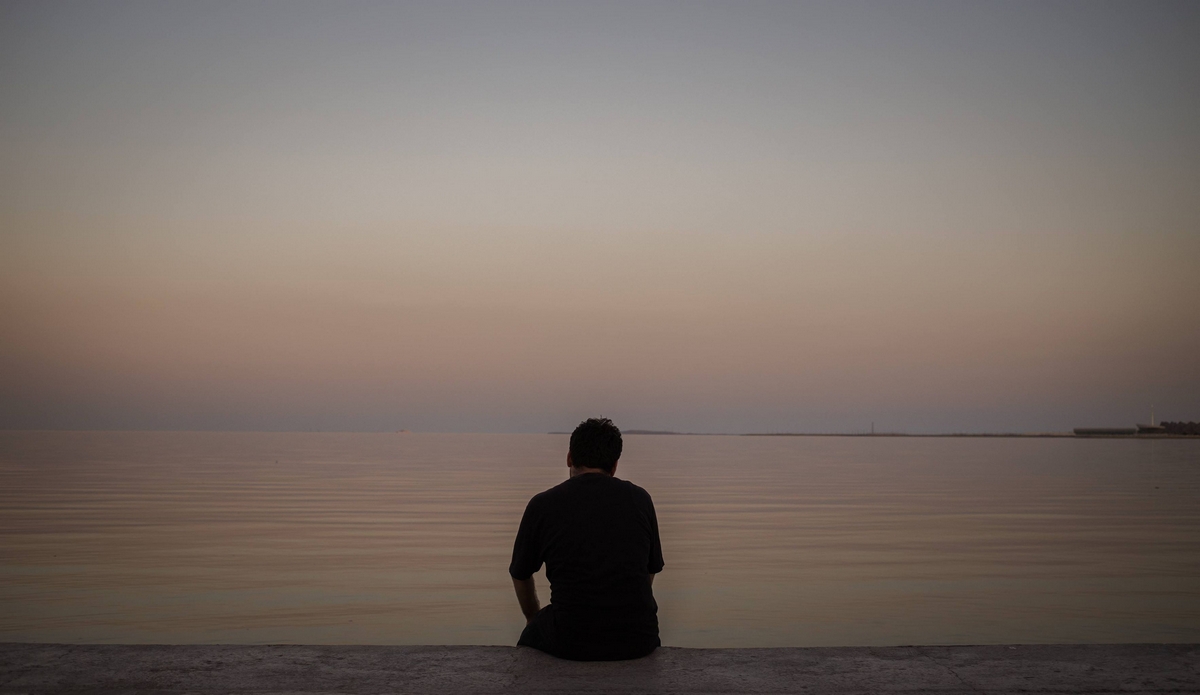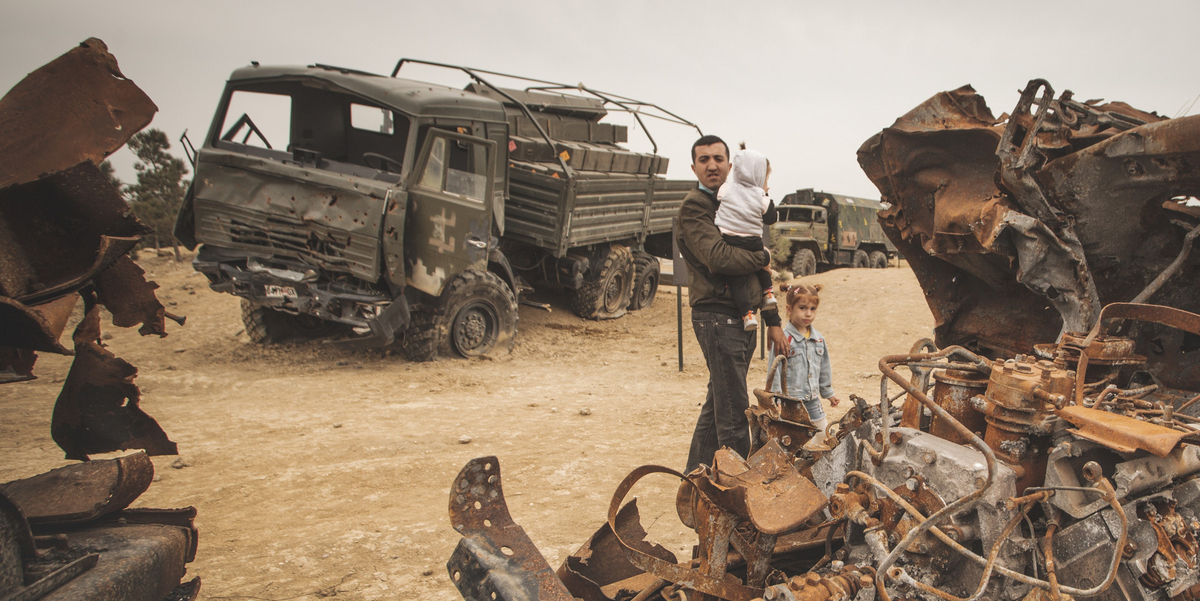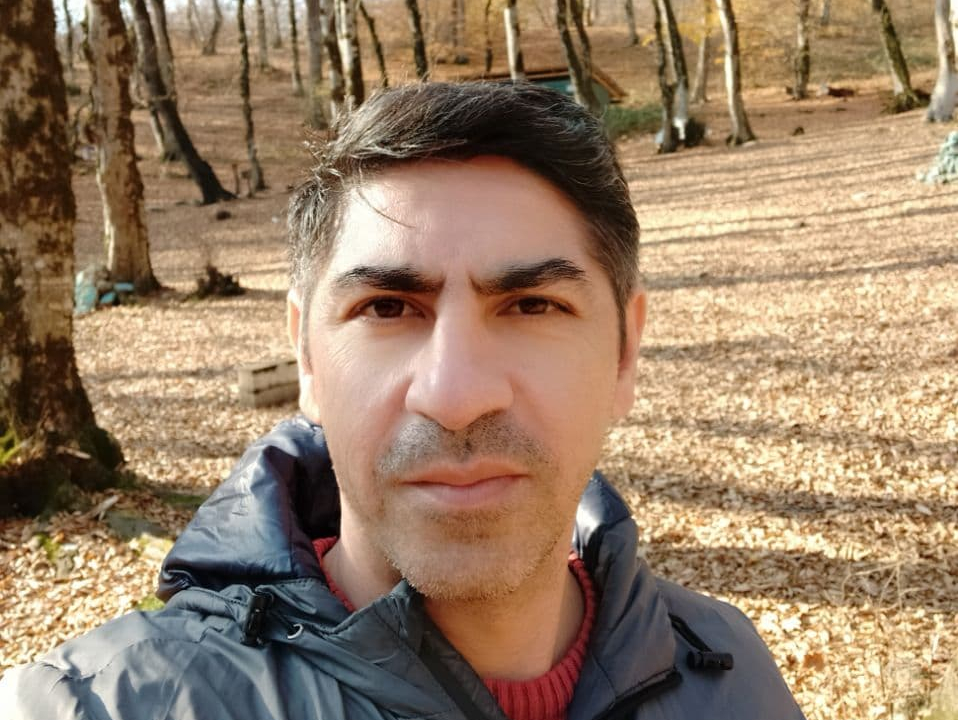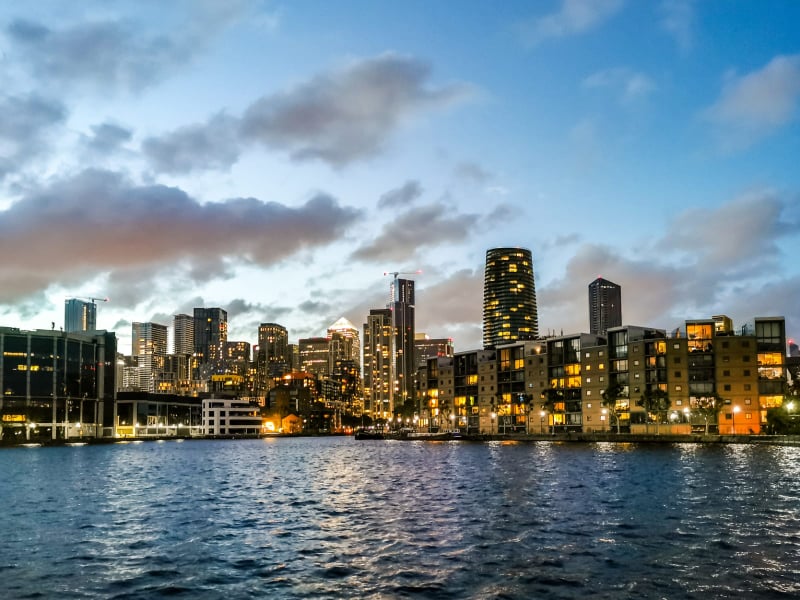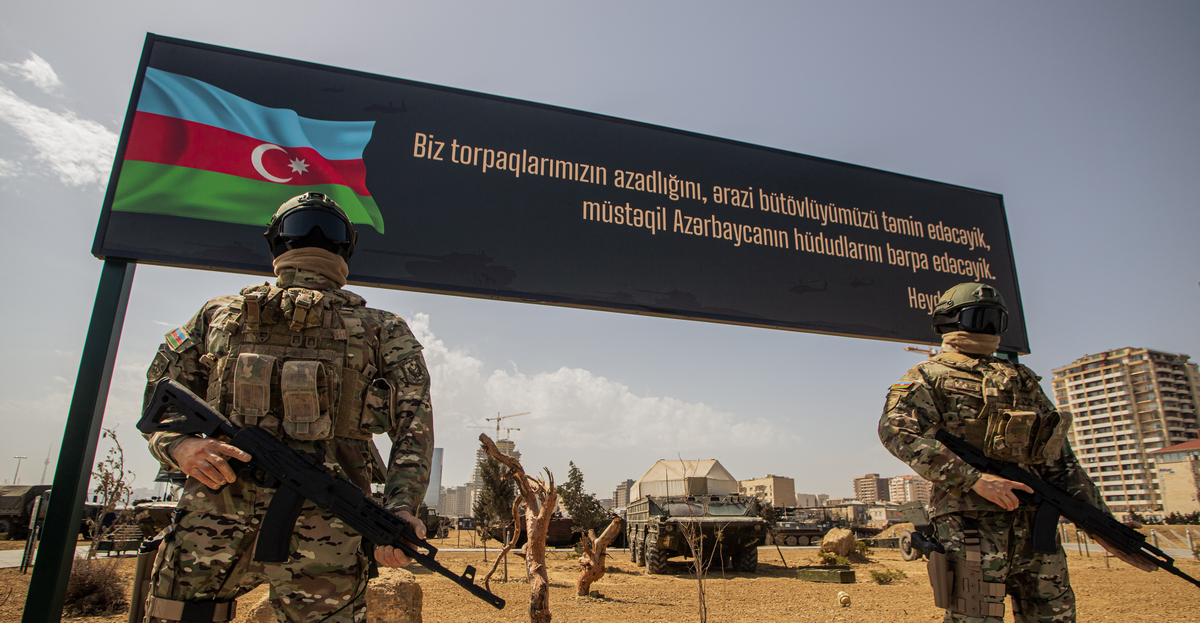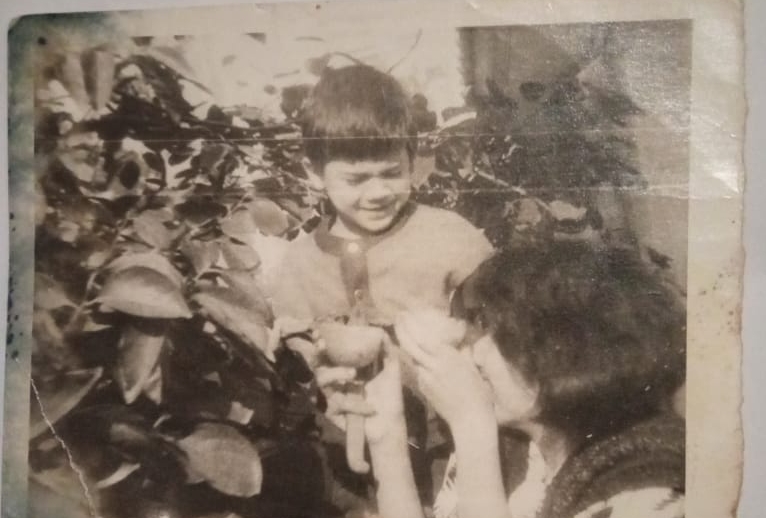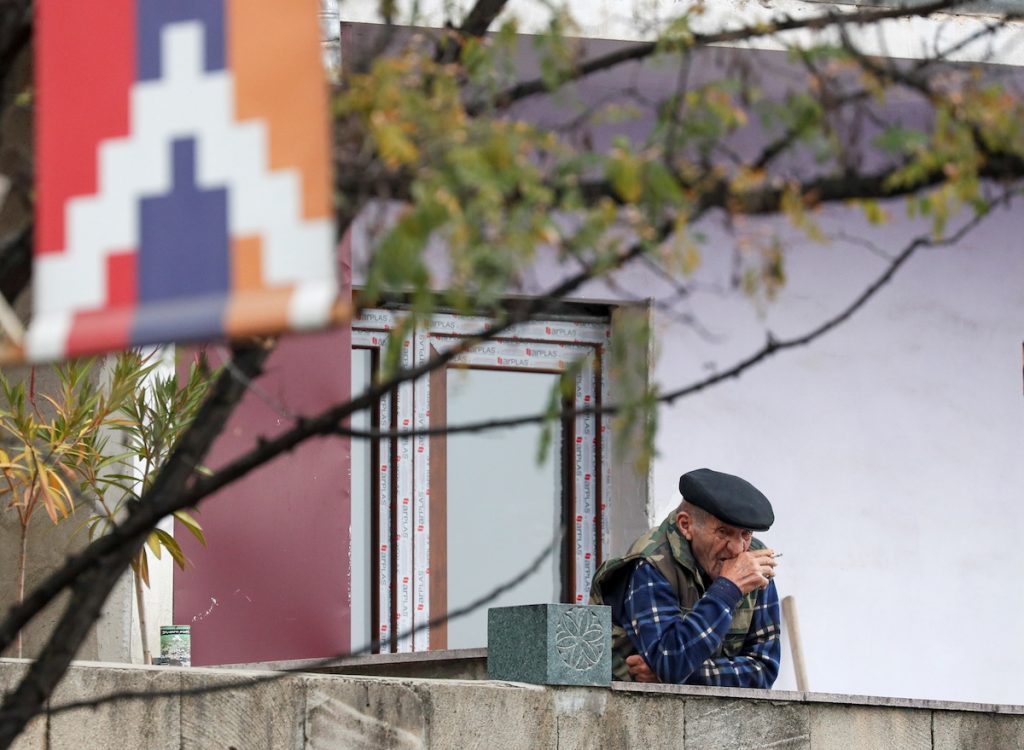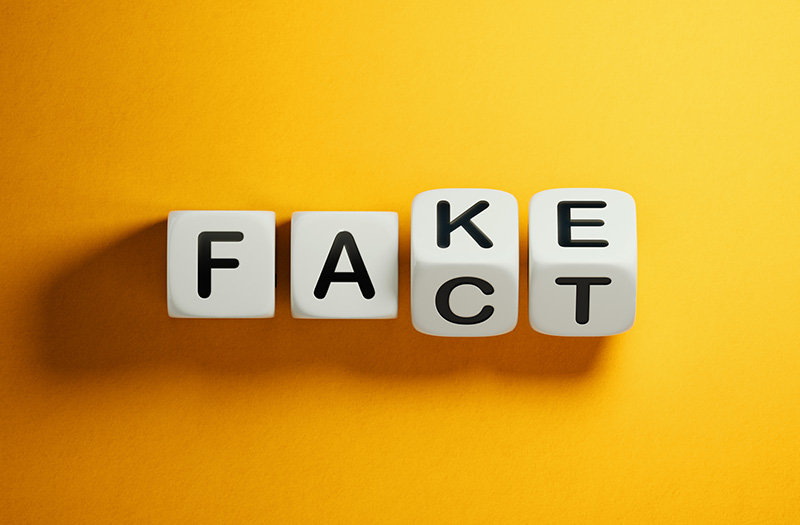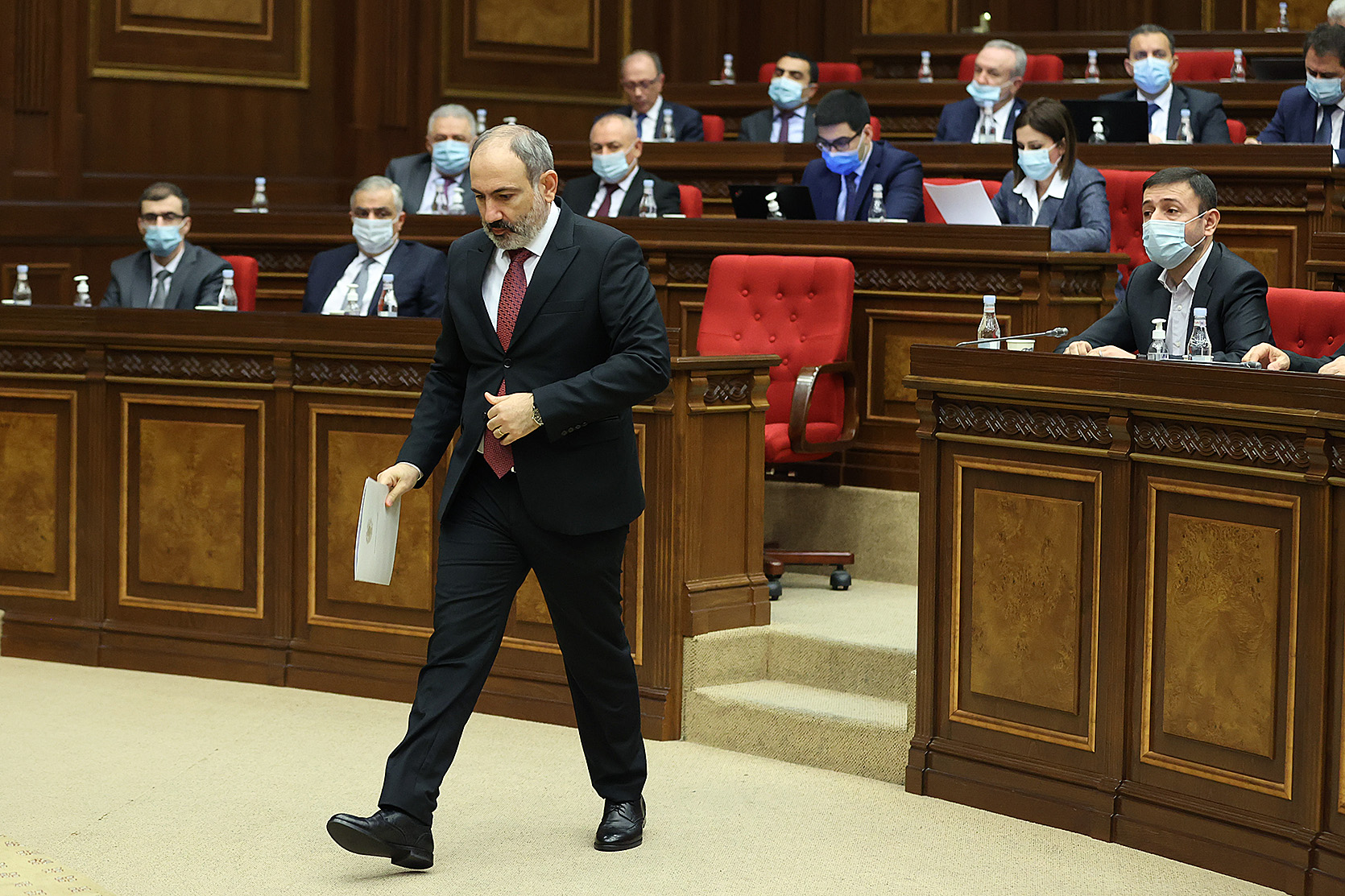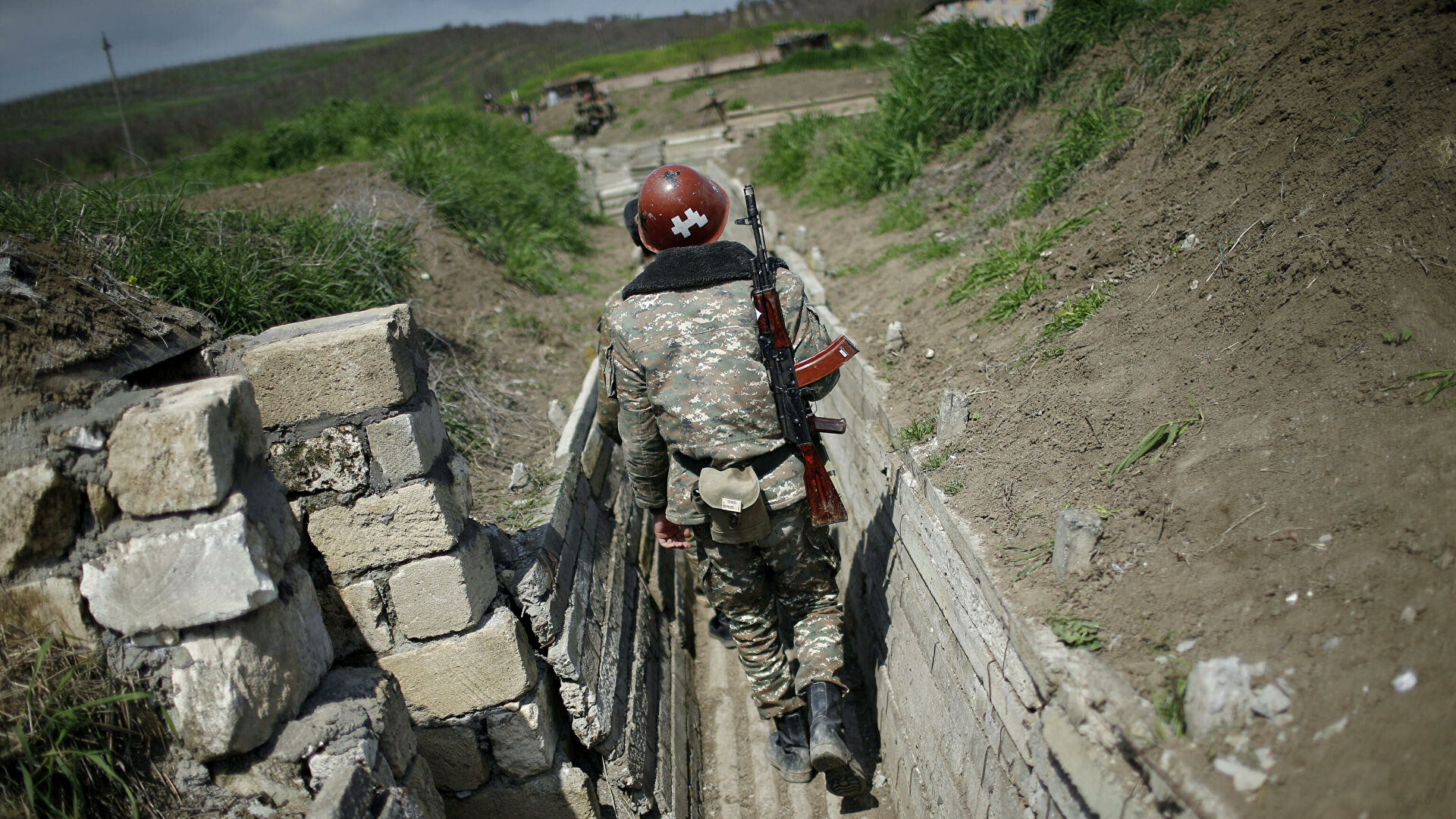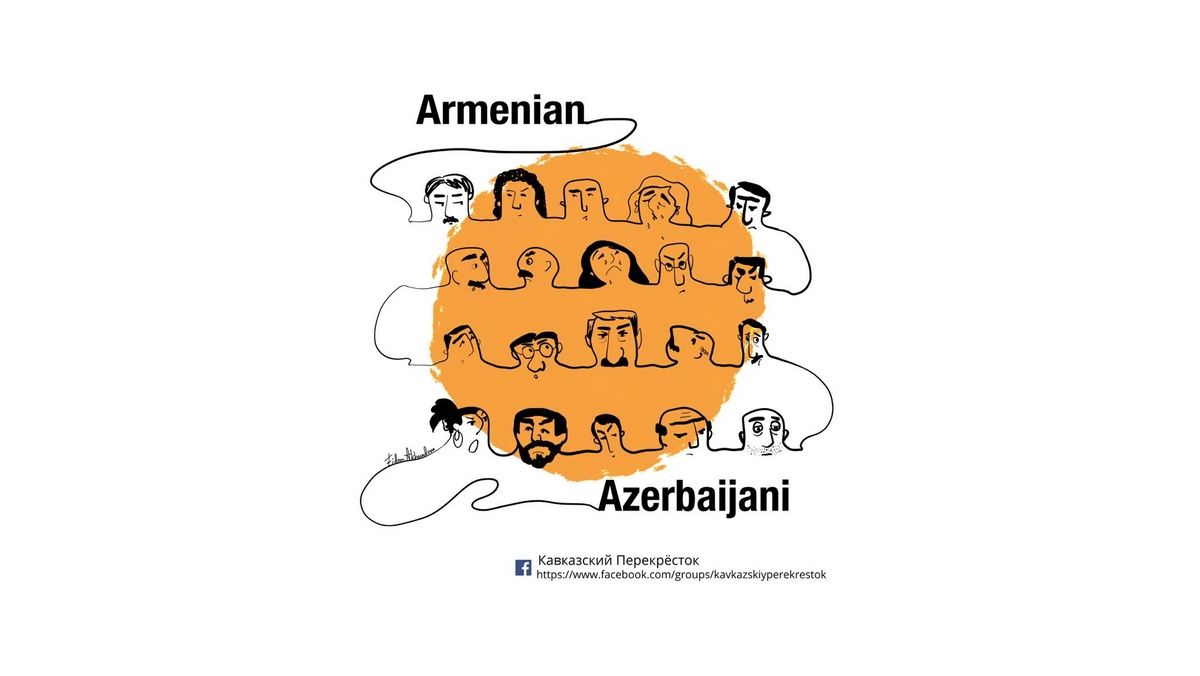
Karabakh war
Most read

Armenia-Azerbaijan talks: documents on Karabakh settlement released
Latest news in Georgia, Armenia, Azerbaijan, summary. Live
BBC finds Georgian authorities may have used WWI-era chemicals against protesters
'New stage of Armenia–EU cooperation': Brussels signs strategic partnership agreement
Azerbaijan’s pro-government media lash out at Georgia over 'deteriorating treatment' of Azerbaijani truckers

“The regime is poisoning us!” — thousands march in Tbilisi demanding an international investigation. Photos&video
Amnesty International: probe “kamit” use in Georgia, impose police equipment embargo on the country
Kremlin overseer: “There are no anti-Russian sentiments in Abkhazia”
Another archbishop arrested in Armenia over drug-related charges
Latest news in Georgia, Armenia, Azerbaijan, summary. Live





